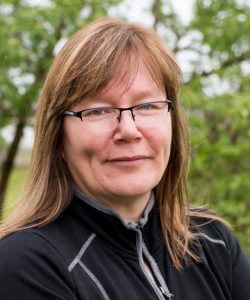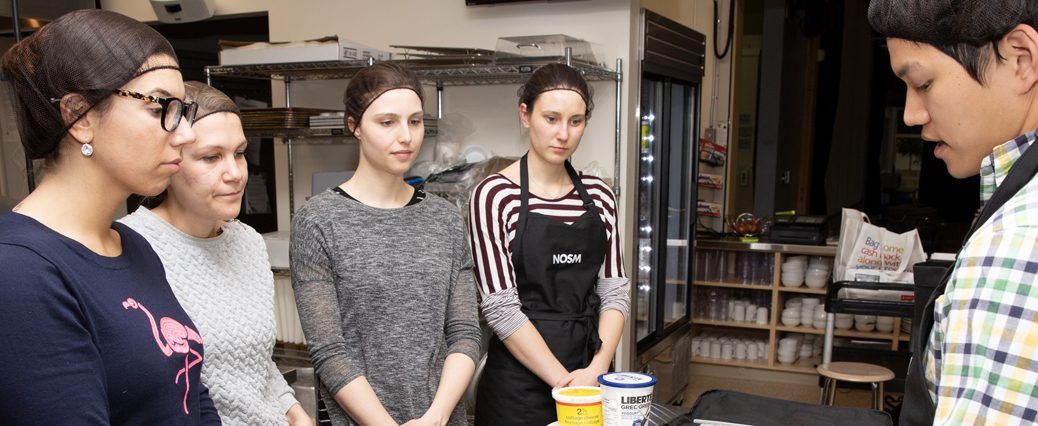Source: Northern Ontario Medical Journal |2018/03/09 Written by: Nadine Robinson | Photo courtesy of Sarah Marie Webster
“My heritage is very important to me. I believe the fact that I am Aboriginal is where my resiliency comes from… and my determination to succeed.” – Dr. Elaine Innes.
 When Moose Factory native Elaine Innes found out she was pregnant at the age of 16, she thought that her dreams of becoming a nurse were finished. Fortunately, her mother and father wouldn’t let her quit school, or give up on her dreams, telling her that education opens doors to many opportunities.
When Moose Factory native Elaine Innes found out she was pregnant at the age of 16, she thought that her dreams of becoming a nurse were finished. Fortunately, her mother and father wouldn’t let her quit school, or give up on her dreams, telling her that education opens doors to many opportunities.
She went on attain her nursing diploma in 1990 from Northern College in Moosonee, and a BScN and a Primary Care Nurse Practitioner certificate in 1996 from Lakehead University.
“I had always wanted to be a nurse,” said Dr. Innes. “But as I took on more responsibility. I was encouraged by physicians I was working with to apply to medical school. In particular, Dr. Murray Trusler told me I would be a good doctor.”
Innes attended medical school at the Northern Ontario School of Medicine, graduating in 2013, completing her family medicine residency through NOSM, based out of Timmins, in 2015.
“Medical school definitely was not easy, especially since I was 40 years old when I started,” said Innes. “I moved to Sudbury with my family, and my husband commuted to support us financially. I was thankful to have sponsorship and the bursaries I received, but we struggled financially. Adjusting to living in the city was also not easy for me and my children.”
On top of the stresses of medical school, Dr. Innes’ mother became ill and passed away in 2008. “I felt I did not have time to grieve her passing as I had to return to school. But, the fact that she was so proud of me that I got into medical school gave me the drive to continue. Because she was my mentor, encouraging me to go after what I wanted in life, I was sad that she did not see me graduate.”
Now, Dr. Innes practises family and emergency medicine and serves as a hospitalist in Timmins, Moose Factory and outlying communities such as Moosonee and Kashechewan.
A Moose Cree First Nation member, Dr. Innes’ first language was Cree.
“It’s important to be proud of who you are and where you come from. My heritage is very important to me. I believe the fact that I am Aboriginal is where my resiliency comes from… and my determination to succeed. I lived in a tent frame in my childhood years with no running water, and no electricity, but I was always told by my parents that I could do whatever I wanted to do in life as long as I worked hard. That is the message I hope youth will take away from my story.”
Dr. Innes hopes one day to return home to Moose Factory to practice medicine there full-time.




